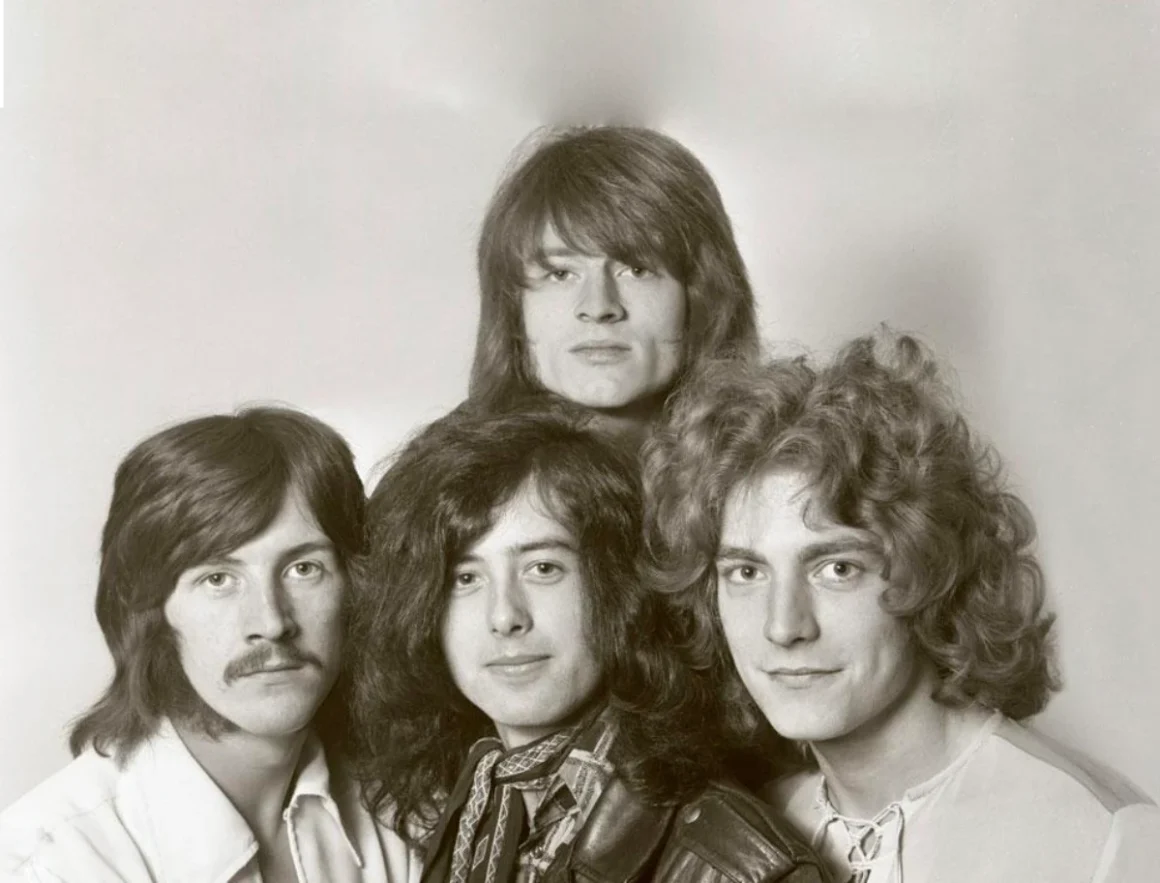Frank Zappa is undoubtedly one of the most influential figures in rock music history, widely praised for his innovative and genre-defying approach to composition. His work with The Mothers of Invention and as a solo artist melded rock, jazz, classical, and avant-garde influences, earning him recognition as a visionary in modern music. Zappa’s musical output was consistently bold, filled with complex arrangements and sharp political commentary that commanded the listener’s full attention.
While many artists dabbled with the blues or adhered to established rock structures, Zappa broke away from convention, producing music that was both intricate and thought-provoking. His satirical wit, combined with a keen sense of social critique, made his work stand out, though his outspoken opinions extended to the legendary figures of rock music as well.
Zappa’s views on Led Zeppelin were especially harsh. While Zeppelin’s musical prowess was revered by many, Zappa found fault with the band’s approach. He often used the infamous “mud shark” incident as fodder for satire, incorporating it into his performances, including The Mothers of Invention’s two New York City shows that later appeared on the Fillmore East – June 1971 album.
Zappa even referenced Robert Plant in earlier works like 200 Motels. This disdain continued during Zappa’s 1988 tour when he surprised his band by requesting a reggae-style cover of “Stairway to Heaven,” a song he had never fully listened to before but knew was massively popular. Guitarist Mike Keneally recalled Zappa’s critique of the song’s guitar solo, remarking that he “really didn’t like the chord progression,” but chose to perform it anyway to shock the audience. It became a prime example of Zappa’s irreverent sense of humor and his ability to mock the grandiose aspects of rock history.
Zappa’s disapproval of iconic bands wasn’t limited to Led Zeppelin. He also had little respect for The Beatles, often viewing them as nothing more than a commercial group. His distaste for the British quartet was perplexing, especially when considering his fondness for The Monkees—a band that was the very definition of commercial pop aimed at a young audience.
In Zappa’s mind, both bands were products of the music industry, but The Monkees somehow resonated with him more as a musical entity. Zappa’s willingness to question the music of the most revered names in rock only added to his reputation as an uncompromising, independent artist who valued creativity and authenticity above all.







